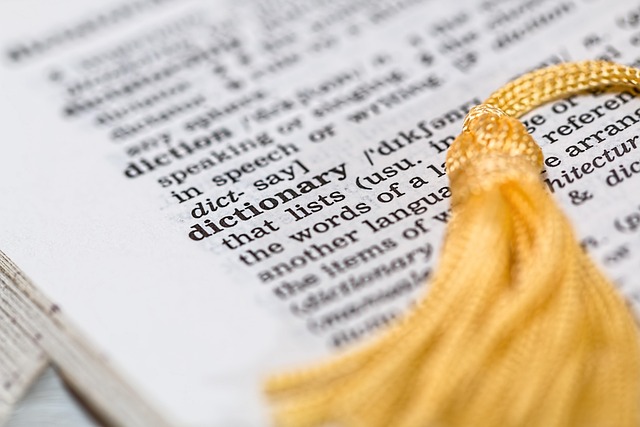
Trial Process
Trial Process
The trial process is a fundamental aspect of the judicial system, serving as the mechanism through which justice is administered. It is a structured procedure that ensures fairness and impartiality in the resolution of legal disputes. Understanding the various stages of a trial is essential for anyone interested in the legal system, whether as a participant or an observer.
1. Initiation of the Trial
The trial begins after a defendant has been formally charged with a crime. This charge is typically the result of an investigation conducted by law enforcement agencies. Once charges are filed, the case is assigned to a judge, who will oversee the proceedings. The judge plays a crucial role, akin to a referee in a sporting event, ensuring that the trial is conducted fairly and according to the law.
2. Jury Selection
In many cases, a jury is selected to hear the evidence and render a verdict. The jury selection process, known as voir dire, involves questioning potential jurors to determine their suitability for the case. Both the prosecution and defense have the opportunity to challenge potential jurors, aiming to assemble a panel that is unbiased and capable of delivering a fair verdict.
3. Presentation of Evidence
Once the jury is selected, the trial proceeds with the presentation of evidence. The prosecution typically presents its case first, beginning with an opening statement that outlines the evidence they intend to present. Following this, witnesses are called to testify. The process of witness examination consists of three main phases:
- Direct Examination: The prosecution questions its witnesses to establish the facts of the case.
- Cross Examination: The defense has the opportunity to question the prosecution's witnesses, aiming to challenge their credibility and the reliability of their testimony.
- Redirect Examination: After cross-examination, the prosecution may ask further questions to clarify any confusing points raised during the defense's questioning.
Once all witnesses have been examined, the prosecution rests its case, signaling that it has presented all its evidence.
4. Defense Presentation
Following the prosecution's case, the defense is given the opportunity to present its evidence. The defense may choose to call witnesses, present documents, or introduce other forms of evidence to support its case. The defense's goal is to create reasonable doubt in the minds of the jurors regarding the prosecution's claims.
5. Closing Arguments
After both sides have presented their evidence, closing arguments are made. This is the final opportunity for both the prosecution and defense to summarize their cases and persuade the jury. The prosecution will reiterate the evidence supporting the defendant's guilt, while the defense will emphasize any weaknesses in the prosecution's case.
6. Jury Deliberation
Once closing arguments are complete, the jury enters deliberation. This is a critical phase where jurors discuss the evidence presented and work towards reaching a verdict. During deliberation, jurors are prohibited from discussing the case with anyone outside of the jury room. If they have questions regarding the law or the evidence, they must communicate these to the judge through a written note.
7. Verdict
After deliberating, the jury will reach a verdict, which can be either guilty or not guilty. If the jury finds the defendant guilty, the judge will schedule a sentencing hearing to determine the appropriate punishment. If the jury is unable to reach a unanimous decision, this may result in a hung jury, leading to a mistrial and potentially a retrial.
Conclusion
The trial process is a complex but essential component of the legal system, designed to uphold justice and protect the rights of individuals. Each stage of the trial is meticulously structured to ensure fairness, allowing both the prosecution and defense to present their cases effectively. Understanding this process is vital for anyone seeking to comprehend the intricacies of the law and the judicial system.

















 Community Living at Keene State College
Community Living at Keene State College 
 Health
Health  Fitness
Fitness  Lifestyle
Lifestyle  Tech
Tech  Travel
Travel  Food
Food  Education
Education  Parenting
Parenting  Career & Work
Career & Work  Hobbies
Hobbies  Wellness
Wellness  Beauty
Beauty  Cars
Cars  Art
Art  Science
Science  Culture
Culture  Books
Books  Music
Music  Movies
Movies  Gaming
Gaming  Sports
Sports  Nature
Nature  Home & Garden
Home & Garden  Business & Finance
Business & Finance  Relationships
Relationships  Pets
Pets  Shopping
Shopping  Mindset & Inspiration
Mindset & Inspiration  Environment
Environment  Gadgets
Gadgets  Politics
Politics 